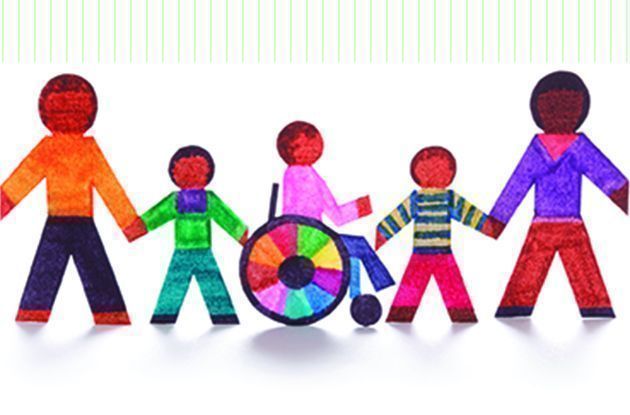
How to Navigate the Turning 5 Process for Your Child with Special Needs
This is what you need to know about the transition process from preschool to kindergarten for children with special needs in New York City.
Get kid-friendly activities sent to you!
Get the Best Kid-Friendly Activities
Sent to You Weekly!
-
A detailed picture of your child’s potential and how she learns
-
What kind of kindergarten setting your child needs, and why
-
Your child’s needs—so you can advocate for her
Without adequate testing, Birnbaum says, you lack a “critical tool in your kit,” and the arguments you make during the Turning 5 process will be listened to, but most likely not be followed. An evaluation from a neuropsychologist is the strongest weapon you can get if you need to fight for your child’s rights.
RELATED: Looking for a Special Education Lawyer?
The Turning 5 Timeline—Which Starts Right Now
Things are in flux because of coronavirus, but this is Birnbaum’s suggested Turning 5 timeline:
- Call neuropsychologists now to talk about scheduling an evaluation, whether that happens in-person or virtually. Many psychologists do not accept insurance, but you have options in terms of your budget. Talk to the neuropsychologist about how to obtain a preschool evaluation during this time.
- In the summer and fall, have your child evaluated. “Once you know what your child needs, the next step is to figure out where to obtain it and how to pay for it,” Birnbaum said. The DOE prefers seeing evaluations that are no more than six months old at the time of the Turning 5 meeting.
- Attend a Turning 5 orientation meeting and gather information about your zoned school, nearby public schools, and District 75 programs, as well as information on private schools. If you’re interested in a state-approved nonpublic school, Birnbaum recommends reaching out to the school proactively and forming a relationship ahead of the Turning 5 meeting.
- In the fall, it’s a good idea to consult with a special education attorney if your neuropsychologist finds that your child might struggle to meet their potential in a larger classroom, or without specific support. Put applications in to private schools in the fall, too.
- In the coming winter, you’ll go through the admissions process for private schools, expect to hear from your zoned school, and have a firm plan for articulating and advocating for what your child needs in his Turning 5 meeting.
- In the spring of 2021, gather the documentation and personnel you need in order to advocate at the meeting. Don’t go into the meeting alone—bring someone to take notes!
- Go into your Turning 5 meeting prepared to advocate for your child. Bring anecdotes to tell his story.
Things to Keep in Mind During the Turning 5 Process
The DOE will offer your child a classroom out of the options available. They cannot offer you a classroom that doesn’t exist, Birnbaum says, even if that’s the perfect classroom for your child. You as a parent will naturally want what is best for your child—you just have to remember that he is not guaranteed he best education for him. He’s guaranteed a free and appropriate one.
“There’s often a big difference between what your child needs and what is available through the system,” she said. “[Throughout this process], really see your child. See what they need, and prioritize what they need.”
DOE classroom services, Birnbaum says, exist along two axes: your child’s need for support versus his cognitive potential/functioning level. The smaller and more supportive a public classroom is, the higher the likelihood kids might not get what they need to meet their full potential. Keep this in mind as you figure out what is right for your child.
Birnbaum acknowledges that New York City is a difficult place to be for kids who need special education. She says getting your child the support he needs may involve a fight—a financial, legal, or emotional fight. If this reality might be too much, consider moving to a suburb—but make sure you move to the right suburb whose schools have the services your child needs. Contact Birnbaum to be connected with resources to help you find the right suburb for your family. Make a choice that works for your whole family.
Above all, Birnbaum says, be kind to yourself during the special education Turning 5 process. It’s a long road. Seek out people around you who are going through the same journey. Seek support and help, learn how to advocate for your child early, do your research, and always ask questions. Both you and your child will benefit.









